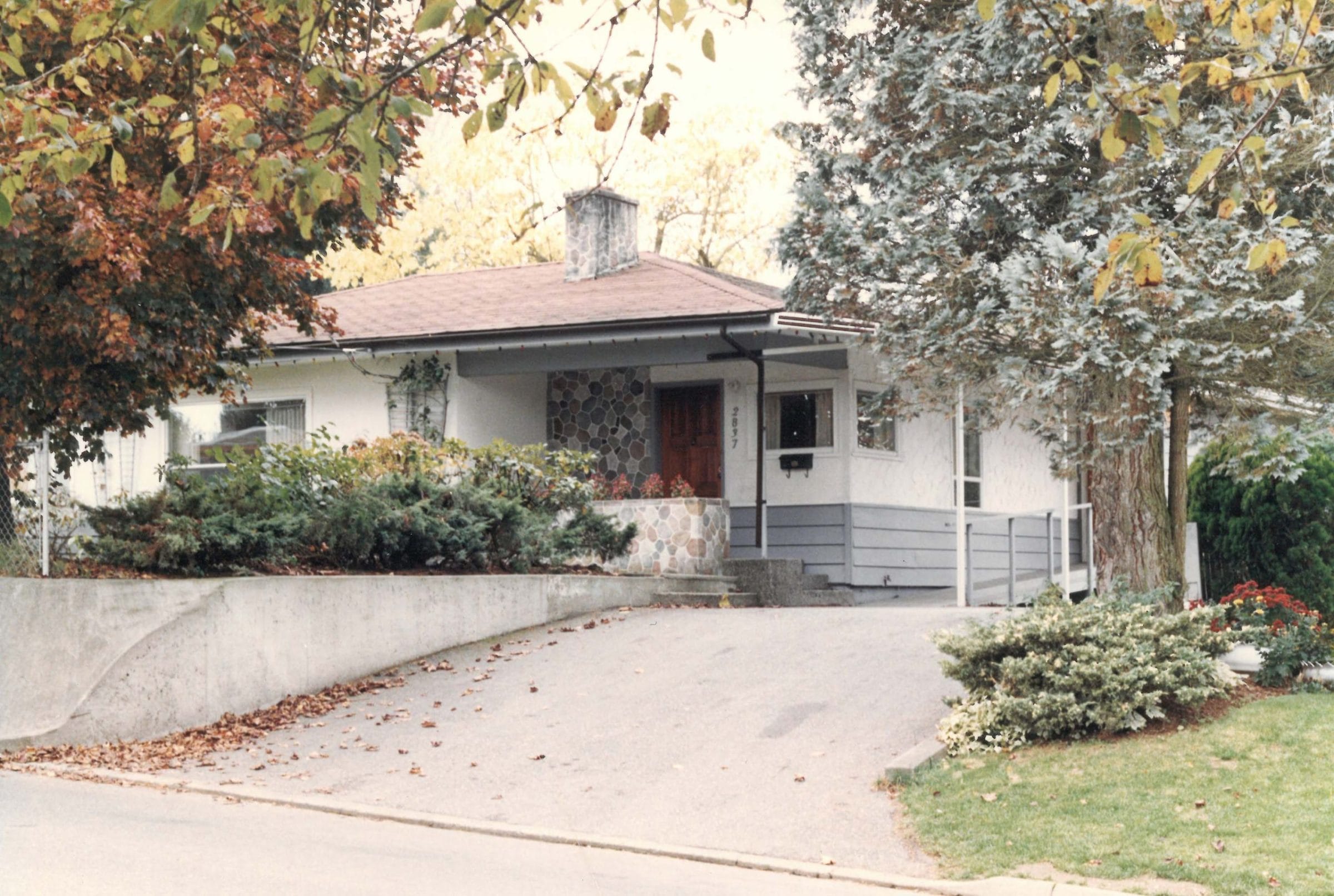
Resources
One House, Two Floors, Many Stories
If the walls of your house could talk, what stories would they tell you? For one house owned by Communitas Supportive Care Society, the stories would be stories of welcome, transition, challenges, and above all, person-centred care.
The house was built in the 1960s; a simple 2-story house with a yard that backs onto green-space behind it. In those days, it was the perfect home for a family, with multiple bedrooms, a nice big kitchen with bright windows, and a family room. But families grow, children become adults and move out, and needs change. When the owner put the house up for sale in 1987, it was purchased by Communitas to become the home for three people, living with developmental disabilities.
HOME SWEET HOME – 1987-1993
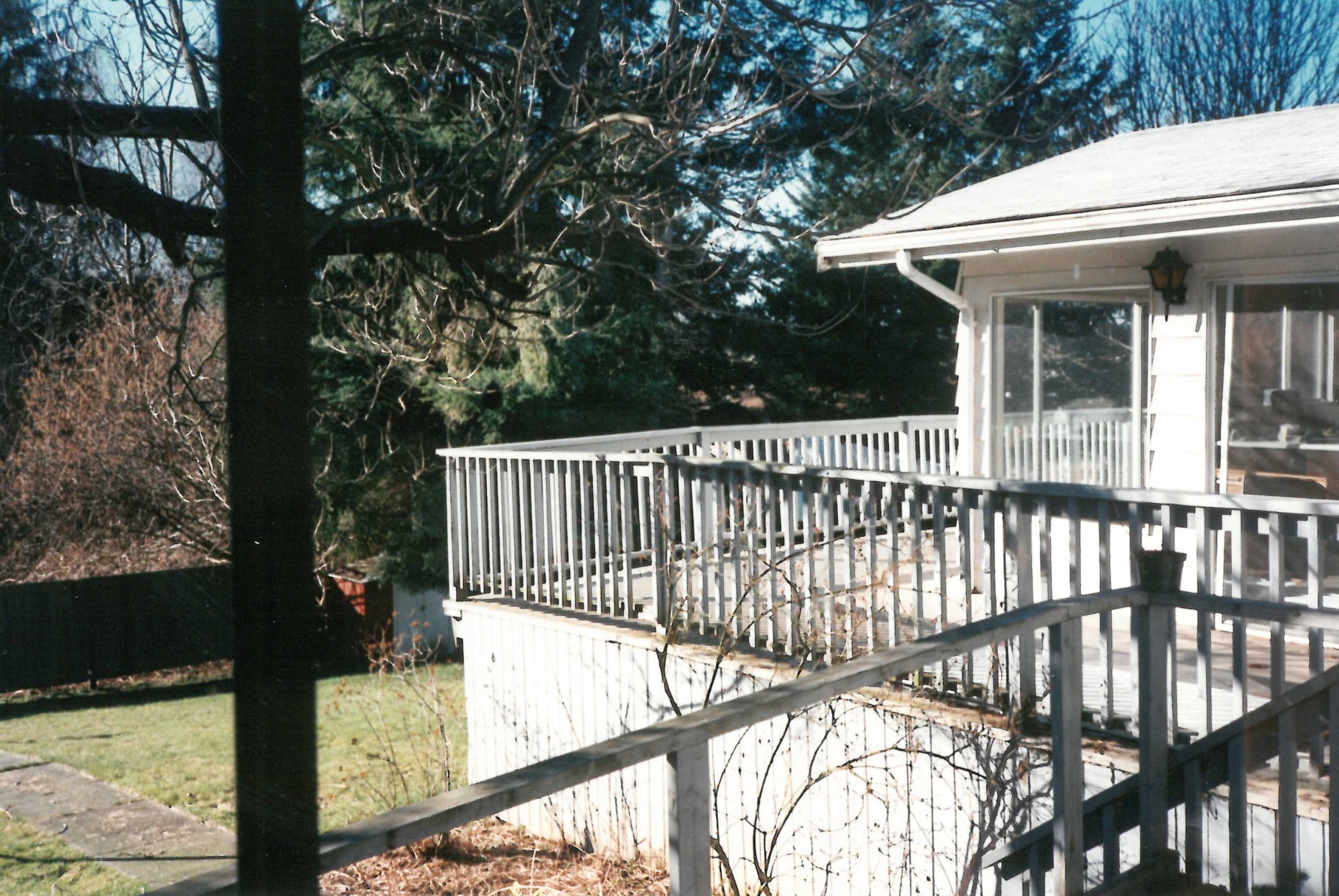
Steve Thiessen was the first executive director for Mennonite Central Committee Supportive Care Society (MCC SCS, which later became Communitas). The 1980s saw a great shift in care for people with disabilities, bringing people out of institutional care and into community. Communitas was invited by the provincial government to assist with this process of deinstitutionalization. Steve remembers Natalie, the first person to come to live in this particular Communitas home. Her mother, Arlene, was a passionate advocate for her daughter and was instrumental in finding the house.
“In these major social movements like deinstitutionalization you will often find incredibly compassionate and courageous ‘Arlenes’,” he says. “As I look back on my career, I realize that these people were the inspiration that often sustained me.”
Bonnie Friesen (formerly Stephen) was the first manager in the home and remembers Natalie and her housemates, Connie and Richard with fondness. She says that working in the home opened up a whole different world for her as she and her staff learned to create a home that would meet their needs. The families of each person continued to be very involved in their lives, which was a gift and a life changing experience for her.
It was a time of learning a new culture, especially for families who had been told to forget about their children when they were placed in institutions. To see families so involved in the lives of their children was wonderful. – Bonnie, Support Worker
Lorie Friesen supervised services in the home and remembers this season as a time of growth and learning for the organization and how parents were an important part of the process. They were eager for their children to have a life and a home of their own. The fact that Communitas was (and continues to be) a faith-based organization was also significant.
“Many of these parents were connected to the Mennonite community or were coming from a Christian context and wanted that to continue for their children,” Lorie remembers.
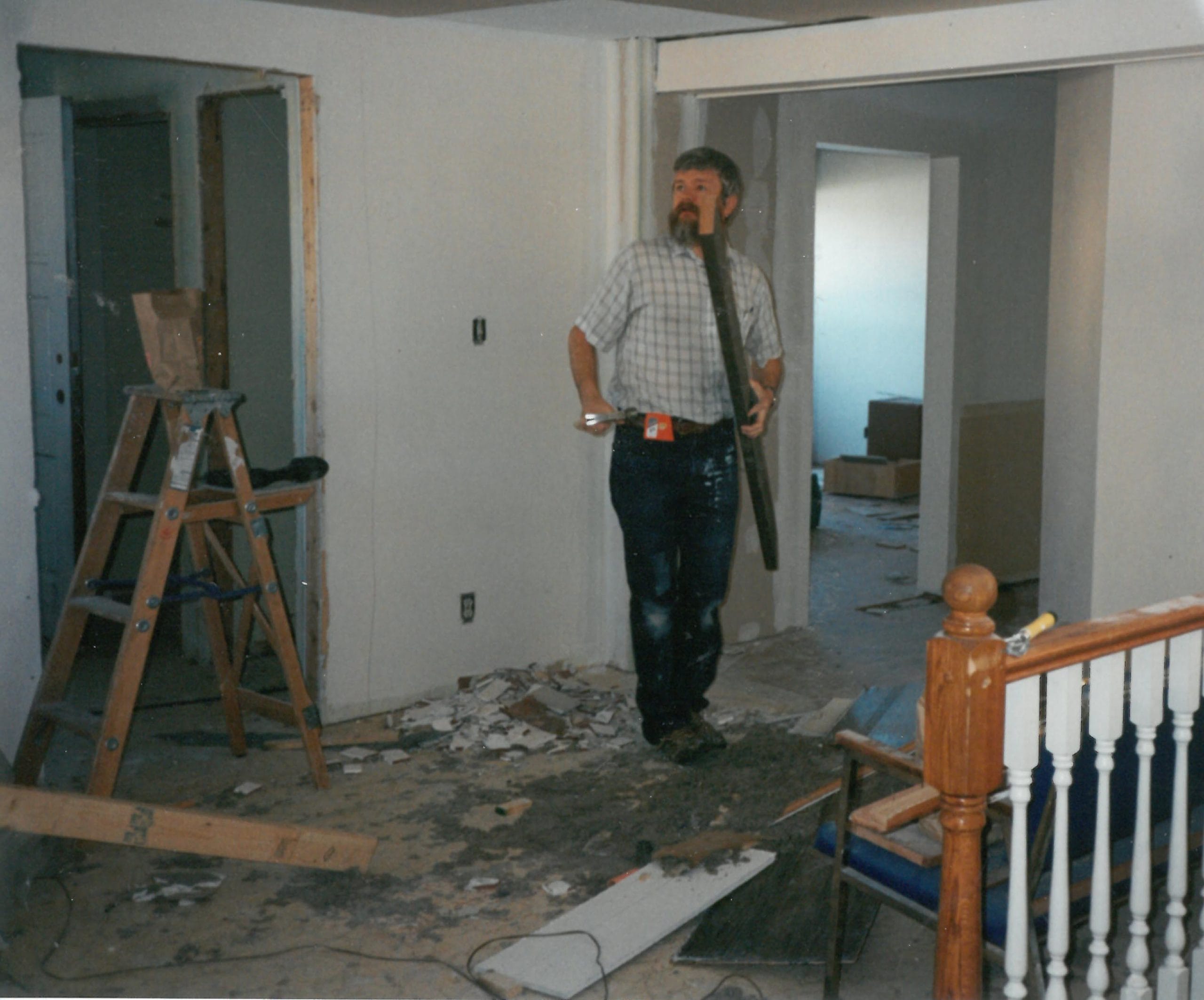
Each of these young adults living in this particular home lived with developmental disabilities and physical challenges and although extensive renovations were done to help meet their needs, the home really was not suitable for them. Eventually, Natalie went back to live with her mother while Connie and Richard found new homes within Communitas. The house itself entered a new phase of support.
CRESST – 1993 – 1997
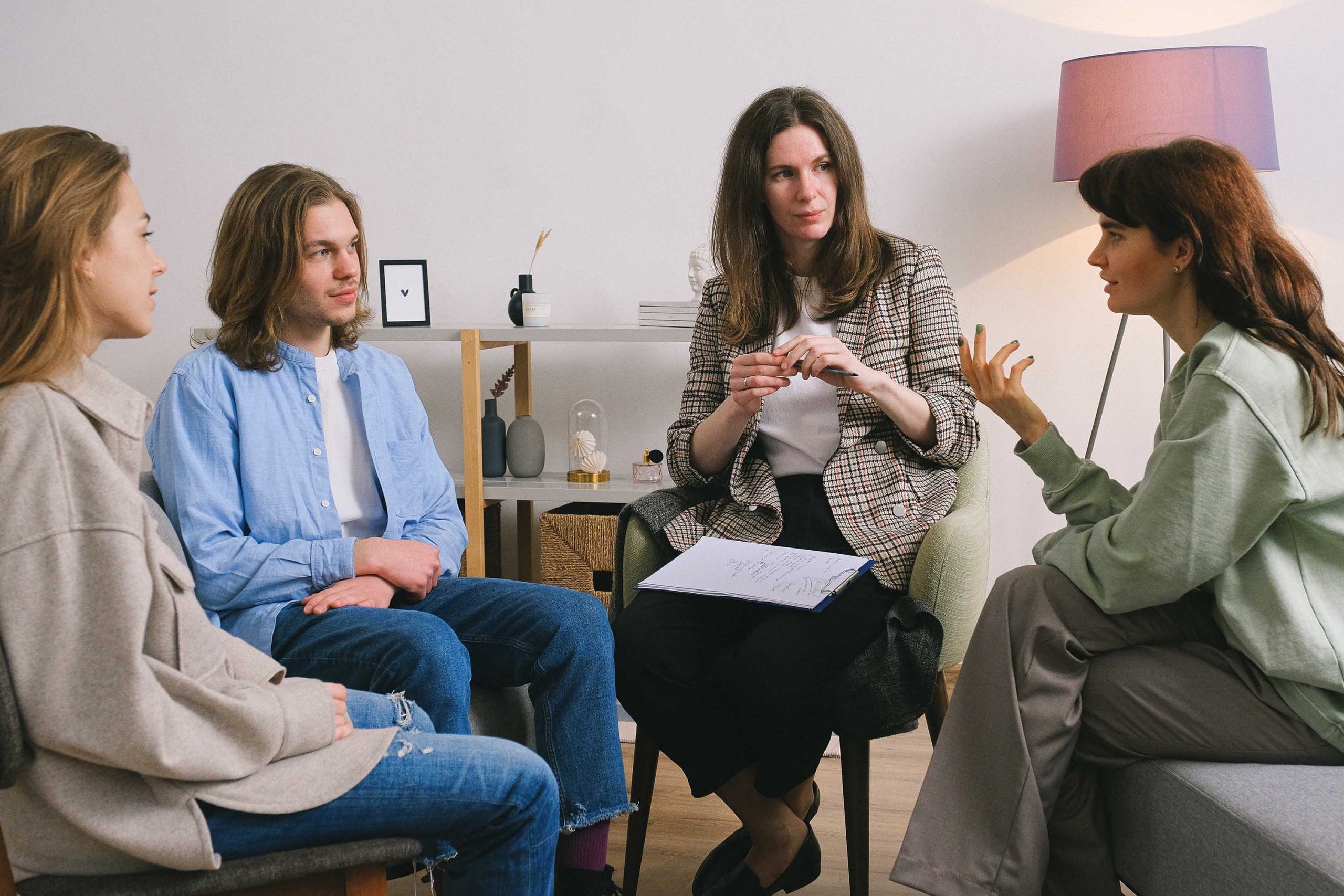
The late 90s marked Communitas’ expansion of services to include mental health. In 1997, the house transitioned from a home for people living with developmental disabilities to a home that provided short-term housing for people living with mental health challenges. The house became the home where CRESST (Community Residential Emergency Short Stay Treatment) was offered. Rita Klippenstein was the manager of care and she worked with psychiatrist, Dr. Uppal, who came into the home every morning during the week. People came to the home by referral from their doctor or through Abbotsford Mental Health.
“The people we served were only with us for 2 weeks with the goal of stability and then a return to their homes or their families,” she says.
Rather than being in a hospital or an institution, people were given the opportunity to work on their recovery in a homelike setting with the professional support they needed. Rita says it was a good model and they were very successful.

Patrick Raymond remembers CRESST well. Although he was not part of the service when it was part of this specific house, he says CRESST made a difference in his journey with mental health.
“CRESST really helped me by getting me out of my home, helping me slow down, and get my medication right,” he says. “It really was like a mental health ‘vacation’, allowing me to get a break in a place where I was safe.”
Today, Patrick is not only managing his mental health, he has enjoyed a decades-long career in mental health. Patrick was one of the first people in Canada to be certified as a Peer Support Worker and today, he coordinates Communitas Peer Support Services across the Lower Mainland and the Fraser Valley.
RETURNING HOME – 1999 – 2006

When Fraser Health took over the contract for CRESST, the house briefly became a home again for people living with developmental disabilities and then, for a short while, it was a home for people living with Fetal Alcohol Spectrum Disorder (FASD) before it became the base for Communitas’ longest running day service, Choices and Connections
CHOICES AND CONNECTIONS – 2006-2020
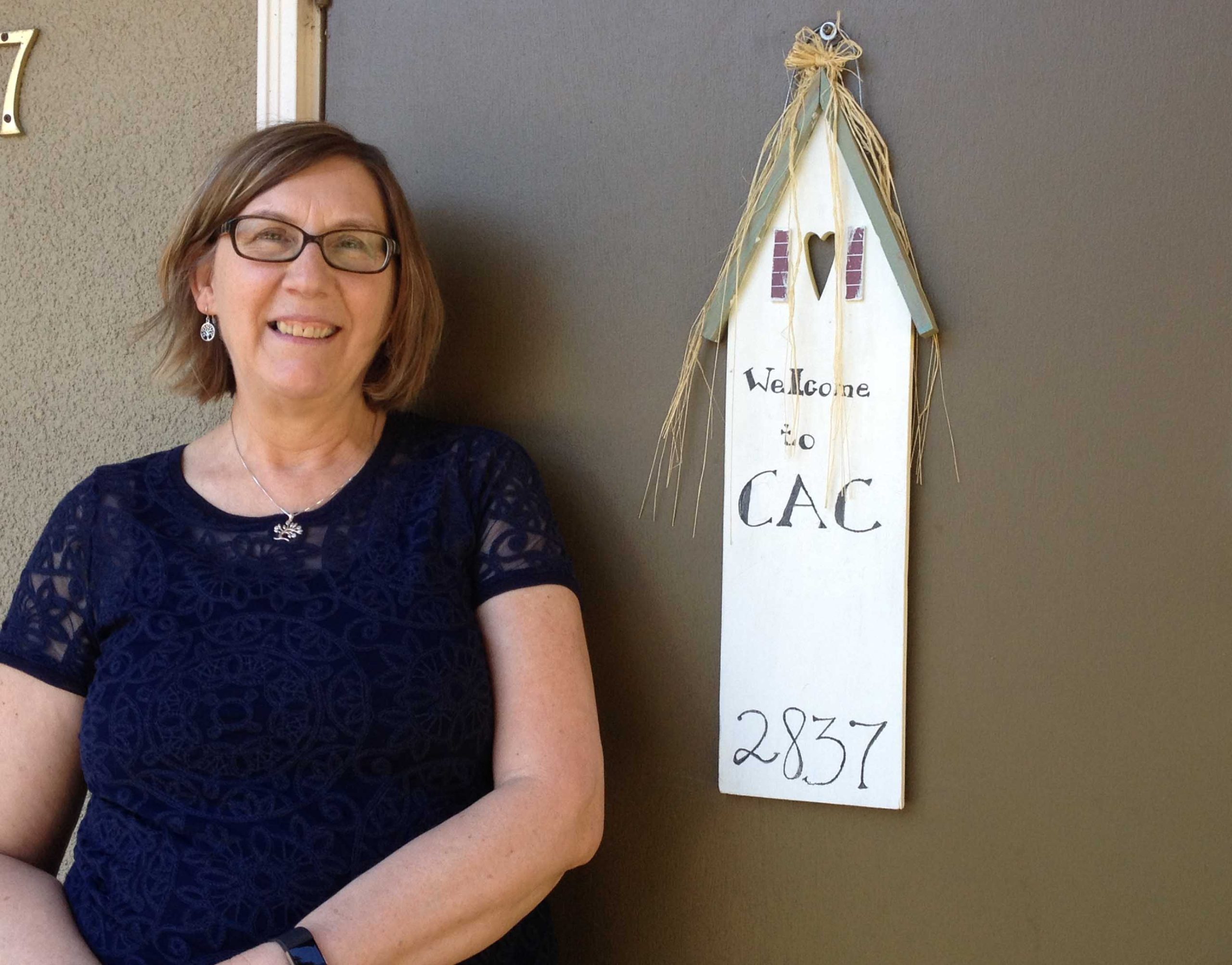
For many years, Claudette managed Choices and Connections (CAC.) At first, CAC was offered in a large meeting room at Communitas’ Abbotsford offices on Bourquin. The people they served enjoyed different craft activities and having a small kitchen was an asset. But over time, she and her staff realized that the space they had was not adequate for the people they served.
“There were so many different needs and personalities and it was becoming difficult to meet each need in that limited space,” she explains. “We started praying for a solution.”
Within weeks of those prayers, the house that had already been a home to a variety of services became available again. When it was offered to CAC, it was literally a godsend.
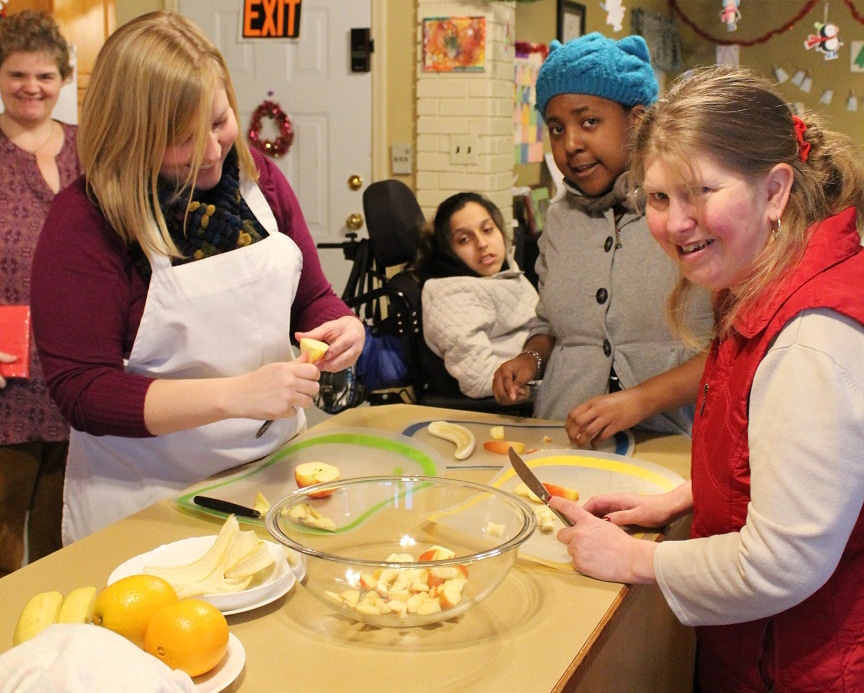
“The house allowed us to have a quiet room, a dedicated crafts room, and a large room for our morning devotions and group meetings,” she says.
Claudette has many fond memories of the years spent in the home but eventually maintaining the house became a challenge. At the same time, the offices at Bourquin were undergoing a major renovation and CAC was able to return to Bourquin in early 2020. With the onset of the pandemic, CAC had to change how its services were delivered. In 2022, the service was closed and those who had been participating found new ‘homes’ within Communitas’ other services or with other community service providers.
HOME AGAIN, HOME AGAIN – 2020 to present
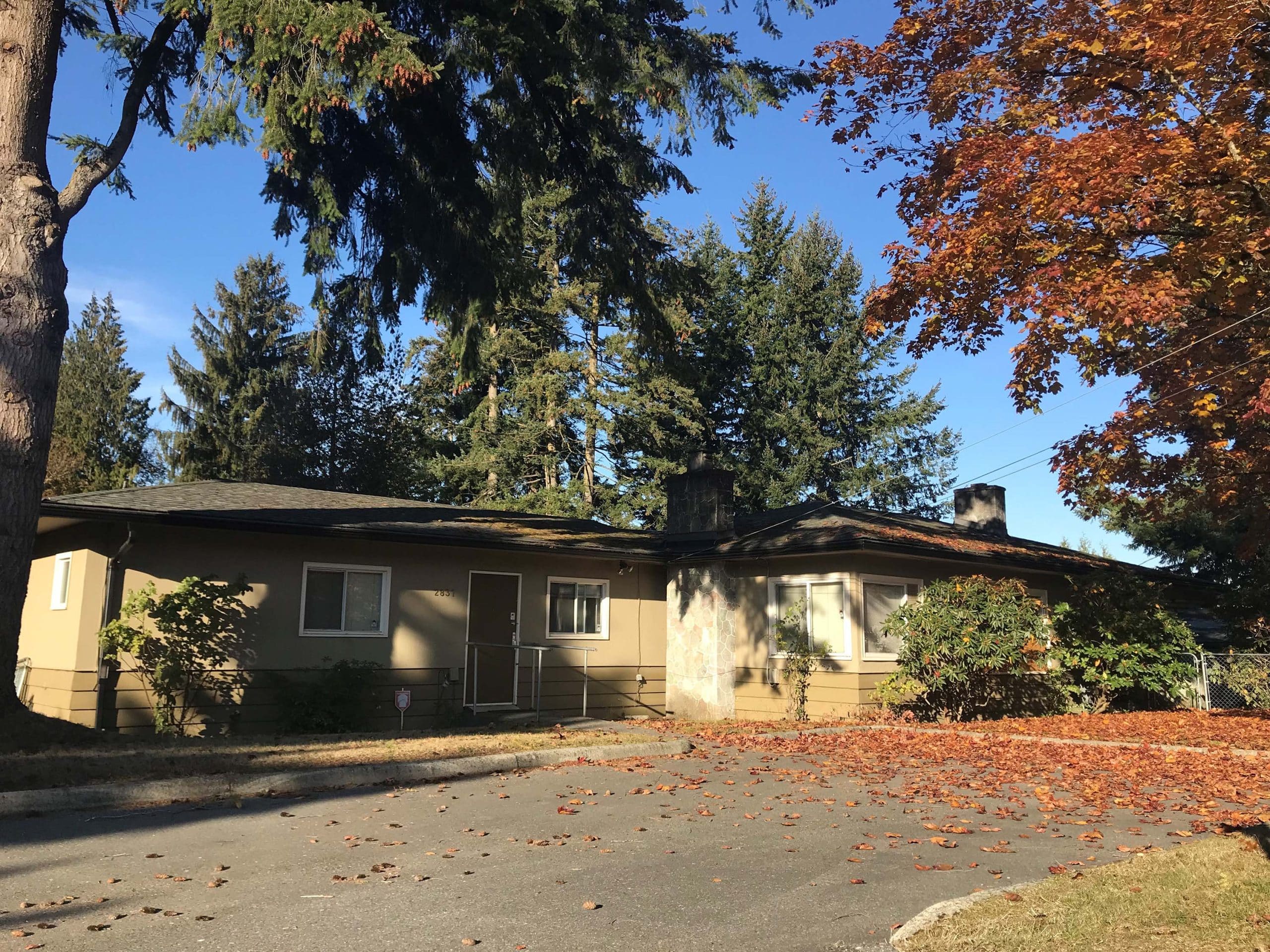
Today, the house is once again a residence, providing stable housing to three gentlemen living with mental health challenges. Affordable housing creates stability that then enables them to integrate back into community. Dave is the first person to take up residence in this new chapter in the life of this house. As an artist, he has set up a studio in the basement of the home and after many years he has started painting again.
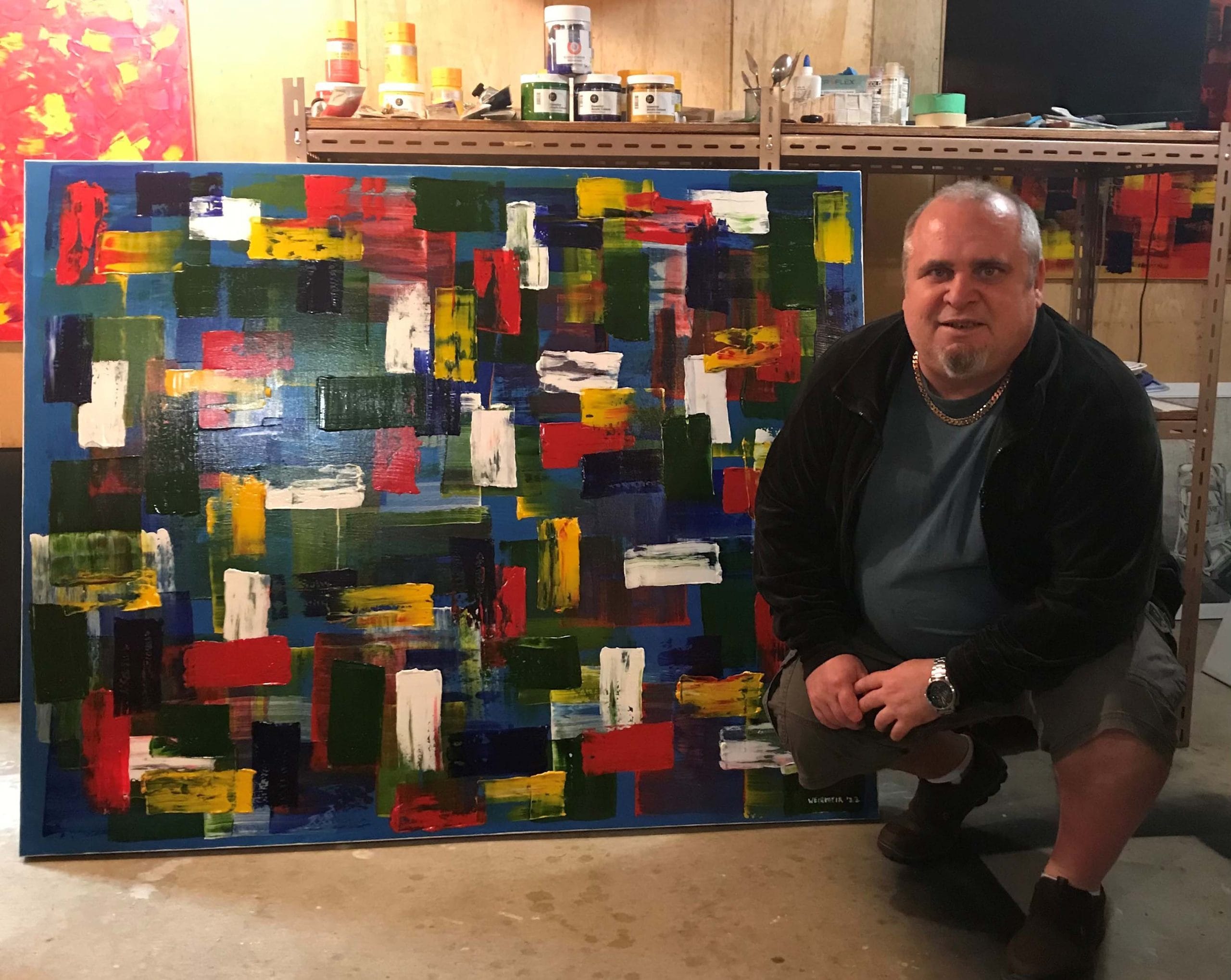
“It’s great to have all this space,” he says.
Dave receives support through Supported Independent Living (SIL), one of Communitas’ mental health services and Micah is Dave’s mental health worker. He has seen how stable housing has transformed Dave’s life and how Dave has connected with his housemates in a positive way.
“I believe that it is this stable housing that has enabled Dave to be creative again,” Micah says.
This house has been a resource for Communitas since 1987 and in that time it has been a place of safety, comfort, and care. If its walls really could speak, the stories they would tell would reflect the mission of the organization: it has been a place of belonging, growth, and contribution. For more than three decades, it has served Communitas well and continues to do so. As for the future, all that is certain is that all the physical resources that Communitas has are meant to support the people it serves and as long as this house is able to do so, it will.
Related Stories

Communitas Uses Grant to Support Mental Wellness
A grant from Bell Let’s Talk has enabled Communitas to support people living with mental health challengs in a unique way.